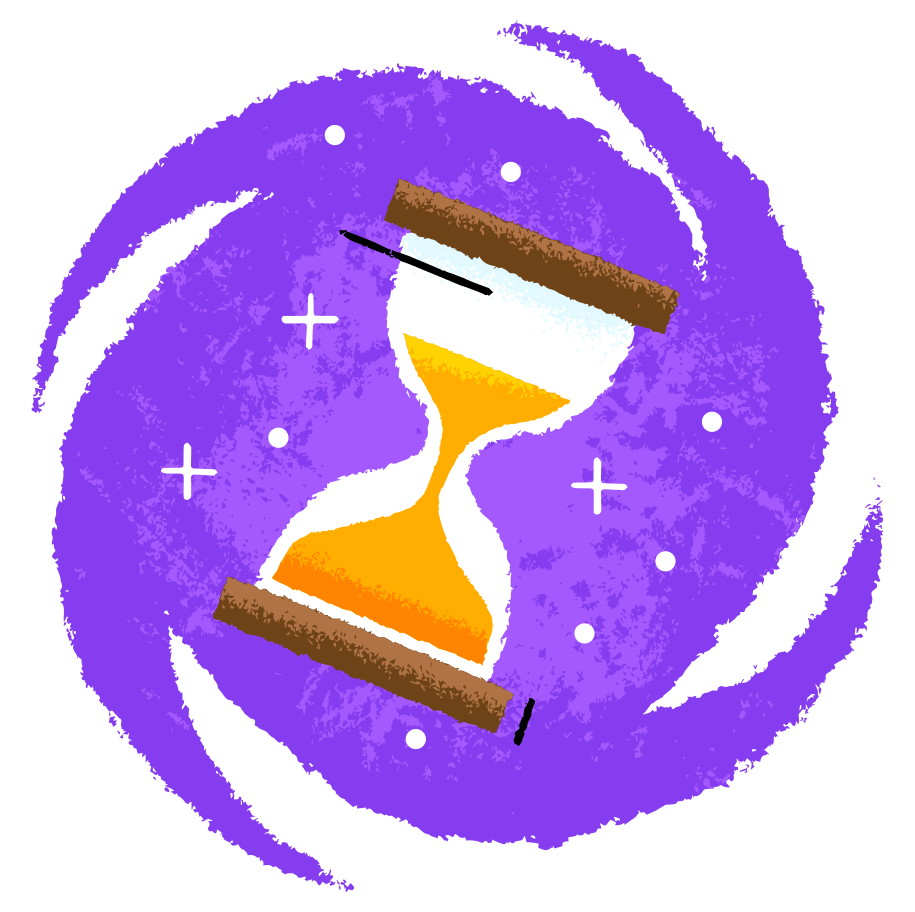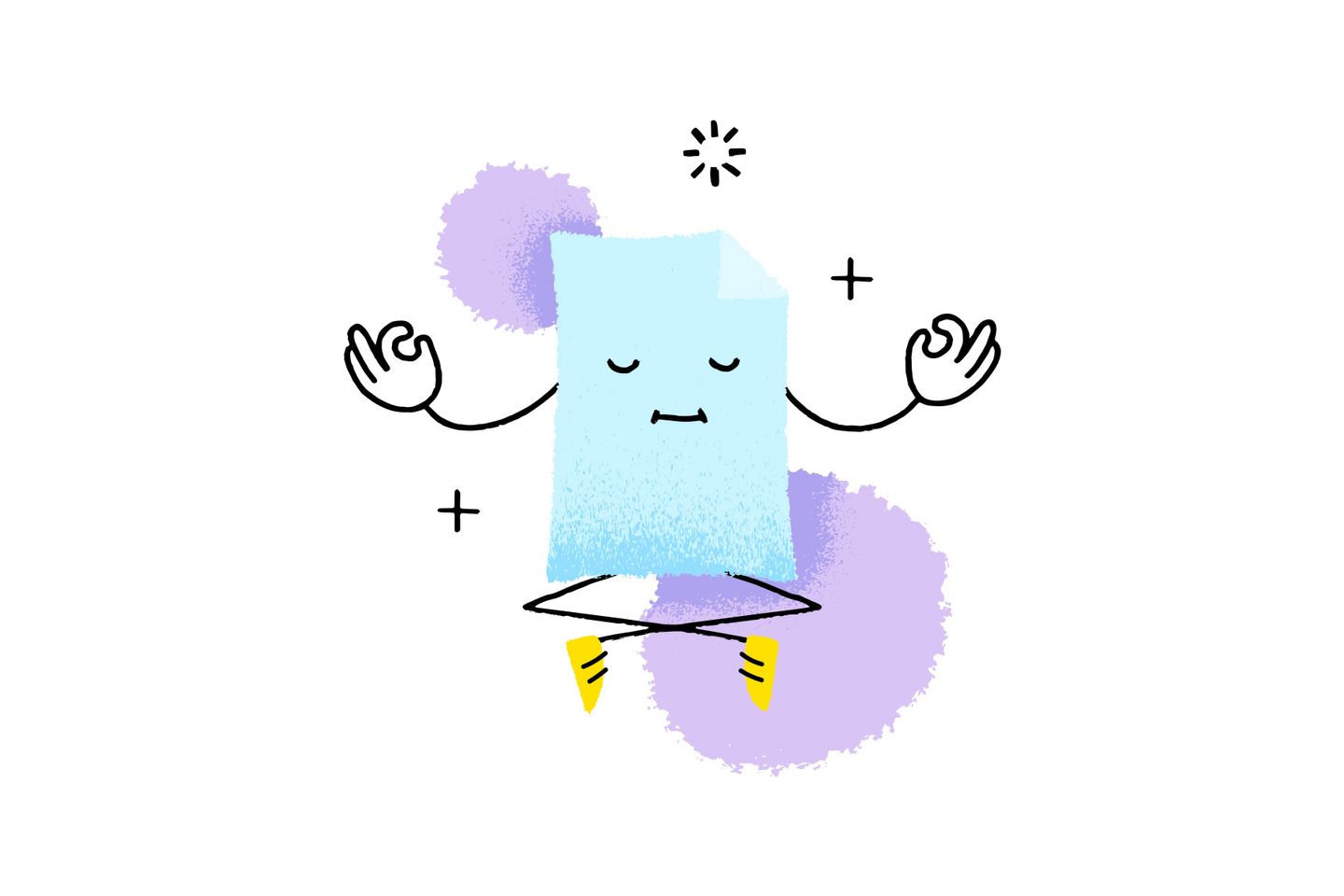In today’s fast changing world of growth hacking and digital transformation, there are few old school tactics that still preserve value.
Building customer loyalty is one of them. Businesses thrive on loyal customers and CRMs can deeply strengthen customer relationships, which foster loyalty.
As Customer Relationship Management software has advanced to the point where it combines automation and personalization, offering unique consumer experiences, many wonder if the two have become synonymous. Consumers like novelty, but they value trust. A good product or service is only a small part of the reason why customers return. It’s the nurturing and customer service they receive that seals the deal. If your CRM helps you build that, then you’re one step forward, but there’s a lot more that goes into growing a loyal base.
- Quality service – as mentioned above, quality and consistent customer service is crucial in order to bring customers back.
- Reliability – a spot on value proposition can definitely catch the attention of consumers, which is not a small thing considering the million of things fighting for attention on the digital spectrum today. But delivering on the promises of that prop is what makes consumers return.
- Social proof – reviews and endorsements have always played a role in brand perception and customer loyalty.
The intrinsic link between CRM and loyal customers
Given this deeper understanding of customer loyalty and the consumer psychology behind it, it is now easier to understand how a performing CRM can come into play. Customer relationship management software will help you track all communications, give insight into the relationship between you and your customers, and collect a wealth of information that you can use to provide excellent customer service.
The CRM and the data it collects allow you to offer quality service, be a reliable source of support for your customers – making it easier for them to solve their pain points. This will determine them to recommend your business, achieving social proof, and ultimately touching on all points mentioned above.
CRM helps personalize the relationship
It’s well known that automation doesn’t sit well with customers. People love attention and they like feeling special, particularly for a business they support by regularly buying its products or services. CRM software can help bridge that gap between automation and personalization by tracking first purchase dates, birthdates, and other such important information that allows you to create customized communications and offers.
Show your customers that you care about them, about every purchase, big or small, and in return they will care about you. A follow-up email after a purchase or a birthday discount will go a long way in building loyalty.
CRM helps you get to know them better
Consumer insights have always been a trump card for businesses. It’s only logic that the more you know about your customer, the better you’ll get at solving their problems and marketing to them. CRMs don’t just collect dates. They also collect engagement information that can help you gather those insights. It can also help with satisfaction polls and surveys, so you can actually get the feedback you need.
CRM helps you focus on their needs
In addition to important dates and engagement information, CRMs can also help with preferences and purchase histories. These basically tell you the behavior of your customers. This gives you leverage to market to them in a way that’s centered around their needs, rather than your product. There are some CRMs that also track web and email clicks, which speak to customers’ level of interest.
The tactical and strategic differences

So far it seems that CRMs and customer loyalty are strongly connected. But it would be hasty to say they’ve actually become synonymous. There are still certain tactical and even strategic differences that make them two different cogs of the same mechanism.
- Tactical: the tactical differences usually revolve around the business objectives. CRMs and customer loyalty programs have different targets and different propositions, as one requires for the customers to opt-in and the other doesn’t. CRMs are ultimately aimed at extending the lifetime of a customer, while loyalty programs encourage up-sell.
- Strategic: the strategic differences are based on commitment. A CRM will ask nothing more of a customer than his or her email address. There’s no long-term commitment and the promise from the brand is unspecific as well. A loyalty program asks for much more, but also gives more in return. When people sign up for loyalty programs they acknowledge they're fans or even promoters of the brand. They have to keep spending to keep earning and they have to commit long term.




